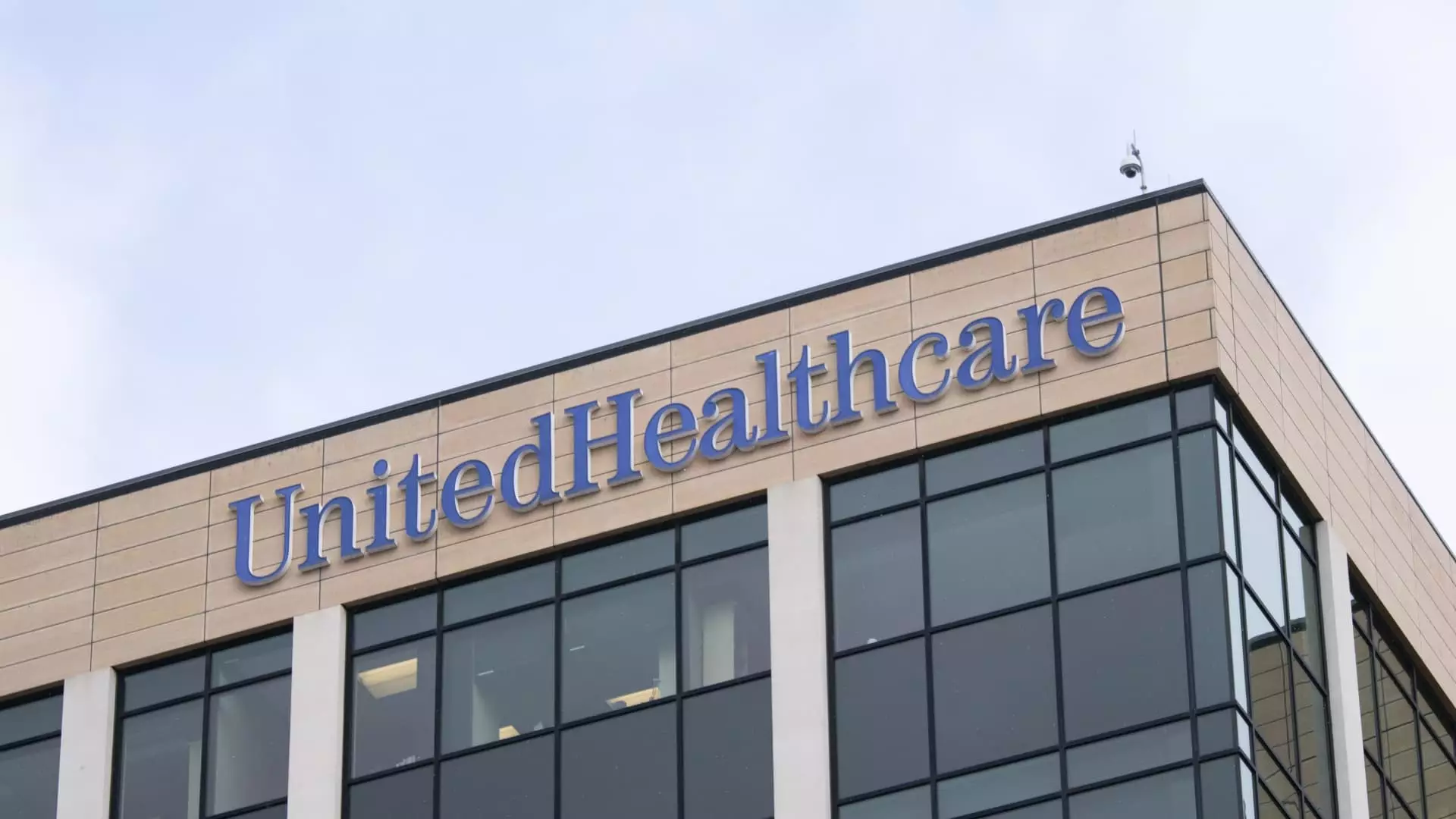In the wake of a challenging year marked by financial scrutiny, operational upheaval, and the high-profile exit of its insurance unit CEO, UnitedHealthcare has initiated a significant voluntary buyout program affecting employees in its benefits operations unit. This initiative appears to be a strategic move to streamline operations amid rising costs and decreasing margins. However, it raises questions about the company’s future direction, employee morale, and the broader implications for the healthcare system in the United States.
The buyout program allows select employees in benefits operations to resign voluntarily by a designated date, with the prospect of severance packages tailored to tenure and salary. This offer comes against a backdrop of uncertainty within the organization, as the company has not disclosed the specific number of employees eligible for these buyouts. The move has been met with mixed reactions among staff, particularly following claims of record revenue and profitability. Employees are likely grappling with feelings of instability and concern, realizing that the safety of their positions is potentially contingent on corporate reorganization strategies rather than robust financial health.
The buyout offer targets personnel in essential operational roles, including corporate functions and customer service, which are critical for maintaining the company’s competitiveness. Thus, the decision to incentivize departures rather than risk layoffs highlights a calculated approach to reducing workforce costs while managing the internal structure for improved efficiency.
While UnitedHealthcare is at the helm of the largest private health insurer in America, the challenges it faces are significant. After the shocking murder of its insurance unit CEO, the company has not only to grapple with public perception and internal morale, but also with ongoing operational costs attributed to rising medical expenses and the repercussions of a costly cyberattack on its subsidiary. This dual stress is exacerbated by increased scrutiny regarding the soaring costs of healthcare delivery in the U.S.
Moreover, ongoing issues surrounding Medicare Advantage create an environment fraught with complexities. As the insurance giant navigates these turbulent waters, the voluntary buyout program might be seen as an effort to transition into a more agile organization that can respond rapidly to the evolving needs of the healthcare landscape.
The introduction of buyouts could signal a broader trend concerning employment stability within the healthcare sector. The pressure to cut costs amid rising operational expenses often leads companies to favor voluntary departures over layoffs, creating a façade of employee autonomy while potentially undermining morale. Although workers have the choice to accept the buyout, the underlying message is clear: corporate priorities may outweigh individual job security.
Furthermore, severance packages contingent upon years served could inadvertently create a disparity among employees, where those with fewer years of service find themselves disproportionately affected, leading to potential issues with talent retention. The long-term economic implications for the labor market in healthcare could be profound if similar trends proliferate across the industry.
Looking Forward: UnitedHealthcare’s Future Trajectory
From a broader perspective, UnitedHealthcare’s decision reflects an industry that is rapidly embracing modernization and cost-efficiency tactics. The CEO’s declaration of a “modernization agenda,” including an emphasis on digital technologies and artificial intelligence, suggests an evolution that seeks to utilize these advancements for operational efficacy.
Yet, the disconnect between reported financial success and painful personnel decisions raises uncomfortable questions: is the focus on cutting costs overshadowing the need for a supportive workplace culture? Stakeholders might begin to wonder whether UnitedHealthcare is truly equipped to lead the way in healthcare transformation if it prioritizes financial metrics over its workforce’s well-being.
While the voluntary buyout program offers an immediate solution for UnitedHealthcare as it navigates a challenging landscape, the ramifications of these decisions loom large. Employee morale, talent retention, and operational transparency will be critical for navigating the complexities of the healthcare industry. The journey ahead requires both strategic financial decisions and empathetic leadership to ensure that the company is not only financially viable but also an employer of choice in a critical sector.

